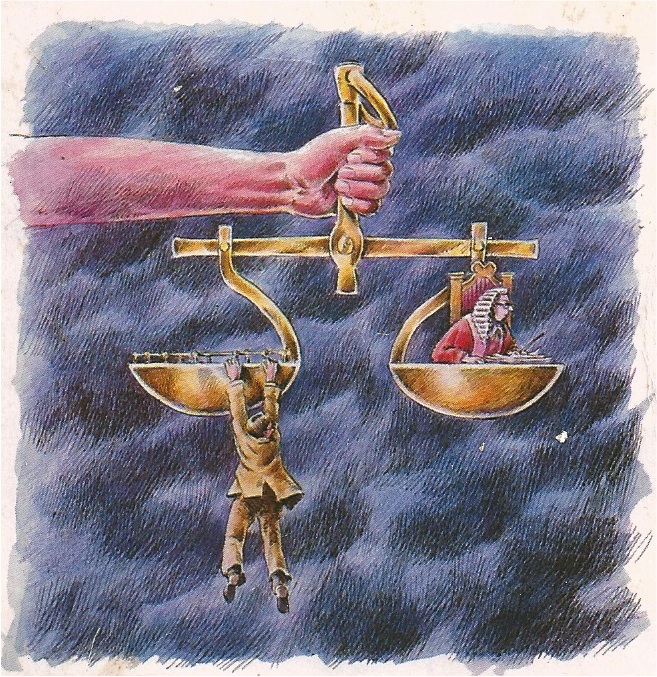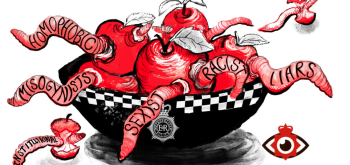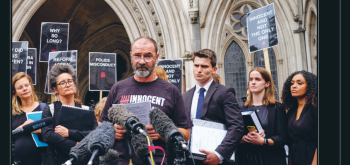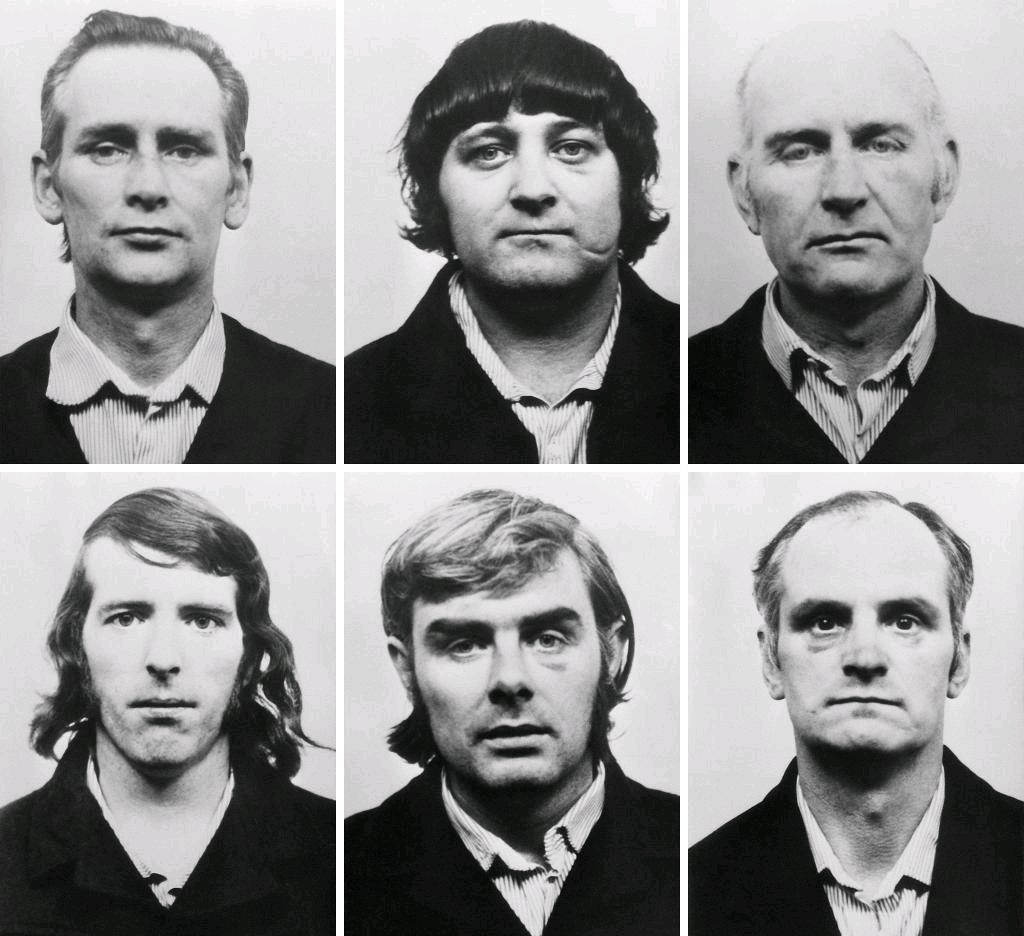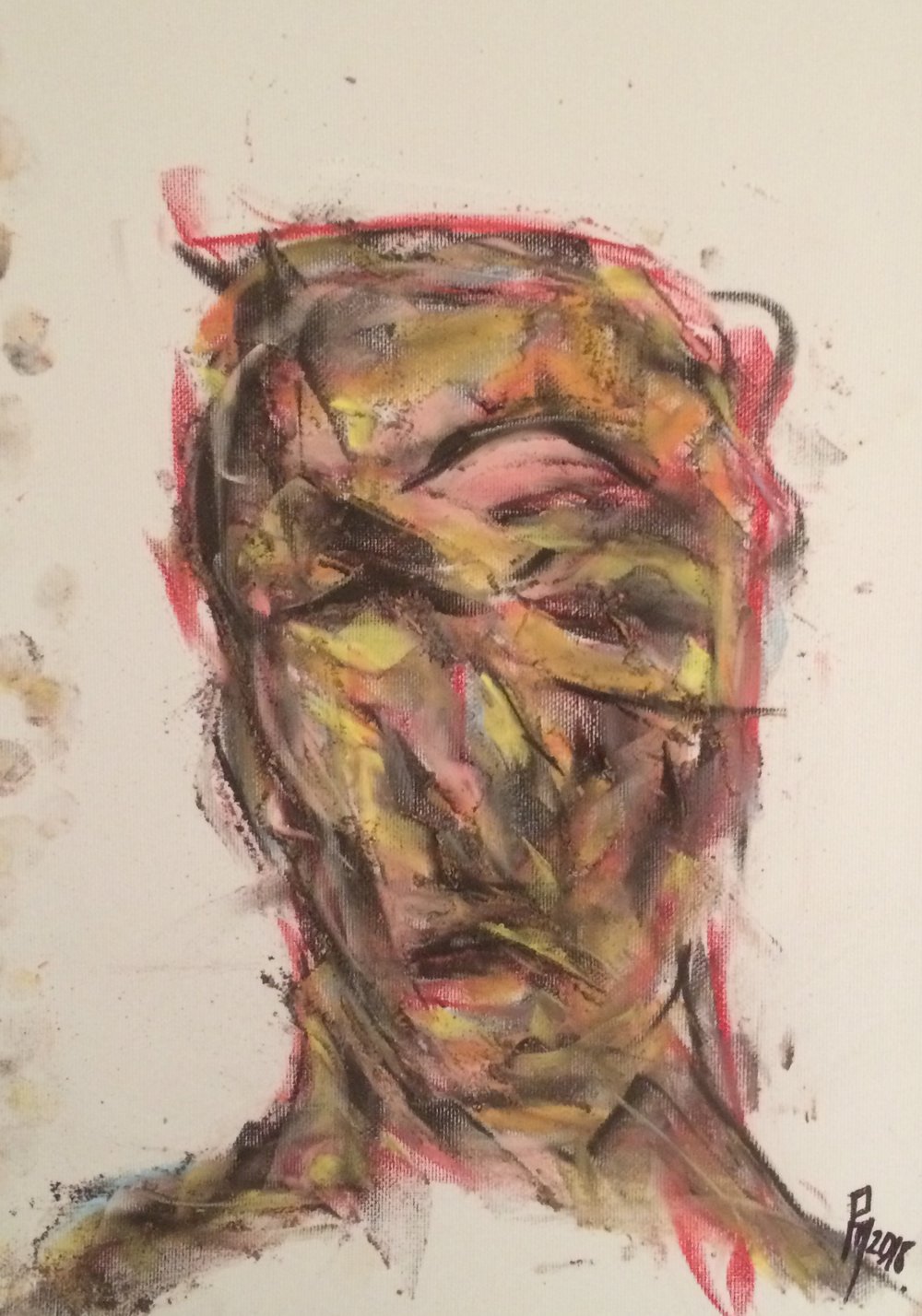Just what is the Criminal Cases Review Commission (CCRC) for? The question isn’t facetious. For all its problems, the cash-strapped and oversubscribed Birmingham-based miscarriage of justice watchdog seems blessed with a simplicity of purpose. It was set up in 1997 with a single job: to send wrongful convictions back to the Court of Appeal. This article first appeared in the New Law Journal here.
At least, that’s what we thought. Commenting on a government review, the CCRC’s new chair Helen Pitcher last month said that the number of cases it referred for appeal ‘while clearly very important’ should ‘not be the be-all-and-end-all’. ‘I think perhaps too little attention is paid to the other outcomes of the Commission’s work, such as the considerable value we bring to the justice system in the de facto audit of the safety of convictions and correctness of sentences in each case we consider but do not refer…,’ Pitcher asserted.
This isn’t the first time that the CCRC has sought to resist the idea that it be judged solely on its referrals. In last year’s annual report, chief executive Karen Kneller suggested that most applicants were more concerned with waiting times than having their convictions overturned. I have interviewed many applicants and spoken with their families. I can say with confidence that their biggest concern is having their convictions overturned.
The recent statements from the group’s chair and chief exec need to be understood in the context of what has happened to those referrals. On average the watchdog has sent back 33 cases a year over its 20-year history. Latterly those numbers have dropped off a cliff: just 19 last year and only 12 the year before. Another alarming statistic is the CCRC’s success rate. Its 20-year average was 67%, and so more than two-thirds of referrals were overturned; however, as the number of referrals crashed, so has its success rate to just 46% last year.
It is those stats that have prompted a fresh outbreak of despair among the small community of campaigners, lawyers and academics that has grown around wrongful convictions. Their concern informed a 2015 House of Commons’ Justice Committee’s investigation into the CCRC which called on the watchdog to ‘be bolder’ and led to the formation of an All Party Parliamentary Group on miscarriages of justice chaired by Barry Sheerman MP.
Into this febrile atmosphere comes a new book by Professors Carolyn Hoyle and Mai Sato, Reasons to doubt: Wrongful Convictions and the CCRC. It is a major piece of research. Hoyle, professor of criminology at the University of Oxford, began her study in 2010 and the work draws on analysis of 147 of the CCRC’s cases as well as revealing interviews with CCRC members.
The authors conclude that the CCRC is ‘not a perfect organisation. It has more variability than most applicants would be happy with, it remains a little more cautious in its referrals than it may need to be, it is sometimes too slow and ponderous.’ However, they argue ‘it is a whole lot better than its predecessor’ – C3, the widely discredited Home Office unit. Frankly, that’s not a high bar and, having said that, it needs to be noted that in 2017 the CCRC referred fewer cases in percentage terms than C3 in its final years.
The book closes with a twin message: ‘It would be nothing short of an own goal for critics to fight to remove the commission from our struggling criminal justice system or for the government to fail to fund it adequately for the task at hand.’
The book is a vital contribution in shining light on a watchdog that isn’t widely understood and yet goes to the heart of the integrity of our justice system. It is depressing that the CCRC’s current travails have gone unreported in the national press with one honourable exception, a BBC Panorama investigation last year by the journalist Mark Daly.
Back in 2017 the CCRC celebrated its 20th anniversary. Paul May, who has run campaigns for numerous high profile miscarriages of justice from the Birmingham Six and Judith Ward to Eddie Gilfoyle and Sam Hallam (both of which featured in my book Guilty Until Proven Innocent: The crisis in our justice system (Biteback, 2018)) likened the watchdog to the curate’s egg: ‘partly excellent, partly abysmal’.
That assessment, which featured in an article for The Justice Gap (‘Referring cases of wrongful conviction “not the be-all-and-end-all”, says CCRC,’ Will Bordell, 14 February 2019) is quoted in the book’s preface. ‘Seven years of criticisms but none founded on empirical research—for there is no such research in existence,’ the two authors note. ‘Filing this lacuna is the task we set for this book.’
Sometimes the CCRC doesn’t help itself. The commission celebrated its 20th anniversary at a conference with a keynote speech by the new Lord Chief Justice. The press weren’t invited. The episode is recounted in the book. ‘Other journalists who had learnt about the event and asked to attend were, astonishingly, told they were not welcome,’ it relates.
The episode backfired. Immediately after Lord Burnett finished his address, the CCRC was challenged by one of the few journalists who was there (David Rose) in his capacity as a previous conference chair. The CCRC should have known better and, to be fair, they did set up a stakeholder group promising greater transparency afterwards. I’m on it.
It is curious to think that a state-funded watchdog would think it appropriate to exclude the press and revealing that they thought no-one would complain. It was also ironic. The CCRC was set up as a result of journalists campaigning to free the likes of the Birmingham Six and Guildford Four.
Jon Robins is an NLJ columnist, editor of The Justice Gap. Reasons to doubt: Wrongful Convictions and the CCRC will be reviewed in full by Professor Michael Zander QC in a future issue.


